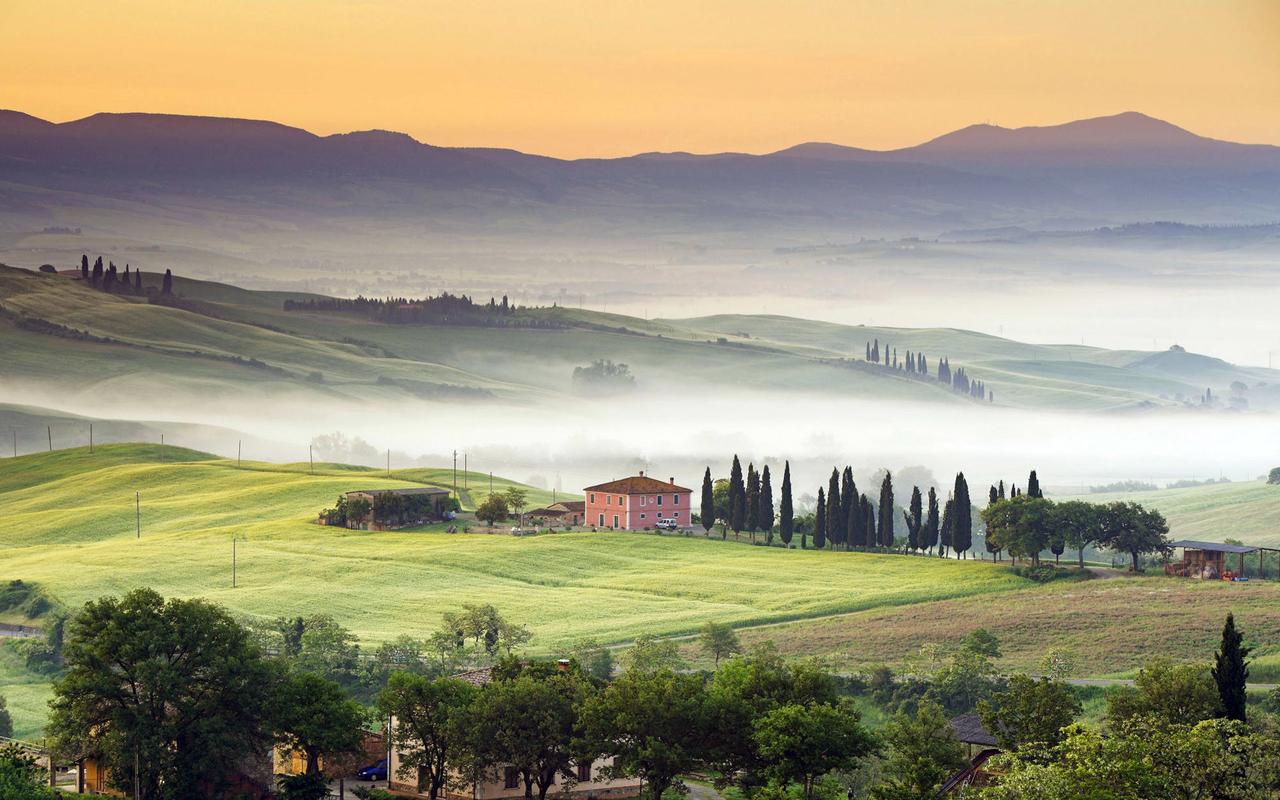Musical festivals have been a popular form of entertainment for decades, and over the years, they have undergone significant changes. From Woodstock to Coachella, the evolution of music festivals has been nothing short of transformative.
In the early days, music festivals were often associated with political and social movements. They provided a platform for artists to express their opinions on important issues. In the 1960s, the legendary Woodstock festival became synonymous with the counterculture movement that was sweeping the United States. It was a defining moment in music history, and it paved the way for future festivals.
As time passed, music festivals became more commercialized. The focus shifted from activism to entertainment. Festivals were no longer just about the music – they became an experience. Big names in the music industry began headlining events, and the audience grew in size. The introduction of camping and glamping added a new dimension to the festival experience, and people began attending festivals for the atmosphere and the sense of community.
In recent years, technology has revolutionized the music festival experience. Social media has enabled festival-goers to share their experiences, and festival organizers have embraced technology to enhance the overall experience. Virtual and augmented reality, interactive installations, and light shows have become commonplace. Festivals are no longer limited to just the music – they are an immersive experience that incorporates art, technology, and culture.
The COVID-19 pandemic has changed the face of music festivals once again. With large gatherings prohibited, many festivals have been canceled or postponed. However, festival organizers have adapted by creating virtual events and drive-in concerts. These virtual events have enabled people to experience the music festival atmosphere from the safety of their homes. While virtual events can never fully replace the experience of attending a live festival, they have helped to keep the spirit of music festivals alive during challenging times.
In conclusion, music festivals have undergone significant changes over the years. From political and social movements to commercialization, tech integration, and a pandemic-induced transformation, they continue to evolve. Whatever the future holds for music festivals, one thing is certain – they will continue to be an important part of the music industry and popular culture.
(Note: Do you have knowledge or insights to share? Unlock new opportunities and expand your reach by joining our authors team. Click Registration to join us and share your expertise with our readers.)
Speech tips:
Please note that any statements involving politics will not be approved.
